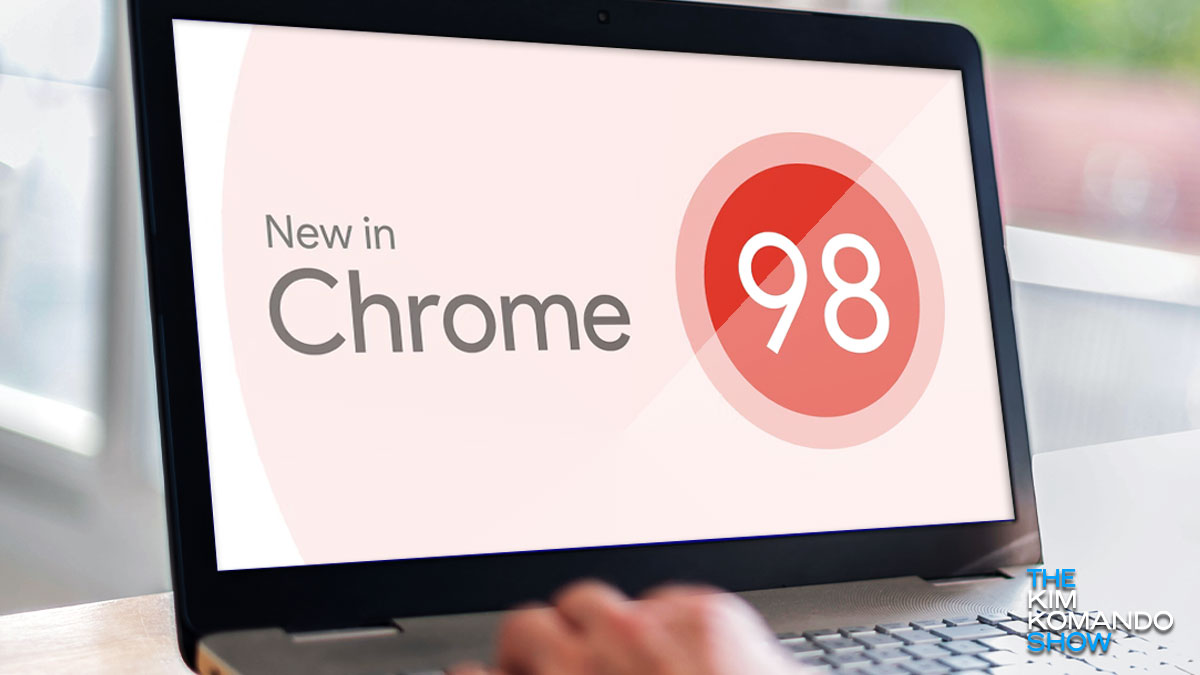Firewall vs. antivirus: What's the difference and do you need both?

When it comes to protecting yourself online, there’s a lot of confusion. Between VPNs, two-factor authentication, antivirus software and firewalls, there are so many ways to protect yourself that it can be hard to track them all.
One big mistake people make is buying one service and wiping their hands clean. They’ll think, “Well, I got this highly-rated program, so I’m completely safe!” Sadly, that’s not enough.
To truly protect your gadgets, you’ll need to understand the programs you use. Firewalls and antivirus programs are incredibly helpful, but they often get confused with one another. People might use one and think they don’t need the other, weakening overall security. Thanks to our sponsor, TotalAV, we created a guide on these two safety tools: what they are, how they’re different, and how they can help you.
What is a firewall?
If you’re not entirely sure what a firewall is, think of it as a modern version of a medieval gatekeeper. Hundreds of years ago, guardsmen in armor used to stand by their city’s front gate, keeping a close eye on all the merchants who brought their goods in for trade. Your firewall is a digital guardsman watching the data streaming in and out of your system.
Just as an armored guard would halt suspicious visitors, so, too, does your firewall block questionable data from entering your system. A firewall is a protective barrier separating your devices from the dangers of the internet.
But it’s not like antivirus software, which neutralizes malware on your phone or computer. It also won’t scan for files. It’s just a guard that checks the network’s data flow and makes sure it’s safe before it flows into your device.
Guards are helpful, but they can’t fix or catch every problem. For that, you’ll need antivirus software.
What is antivirus software?
This is a critical asset in your safety toolbox. Antivirus software works in the background to keep you safe browsing the web. It’s designed to proactively search for and remove digital threats, like malware, Trojans and more.
Antivirus software is an essential part of your digital security system. A virus could slip into your machine after just one bad click or download if you don’t have it.
That’s because digital threats are ubiquitous; you’ll even find them on children’s websites. Sadly, even websites seemingly run by the government aren’t always safe. Criminals set up copycat sites that look like the real deal to get your guard down.
Secure your data with Chrome’s new Privacy Guide – Here’s how to use it

Before Google’s Chrome browser hits the magical version number of 100, a few more security issues need addressing. While a recent update adds more features, the new Privacy Guide is most beneficial to Chrome users.
Use this free check if you suspect a website is infected with malware
How many times have you landed on a website and things just didn’t seem right? There could have been subtle clues like spelling or grammatical errors. There might have been no contact information, or the linked social media account doesn’t exist anymore.
If you absolutely have to keep using Windows 7, here's how to stay safe

Are you still using Windows 7? In case you haven’t heard, Microsoft recently ended support and now it’s a huge security risk that’s practically begging hackers to take advantage of it.
Since Microsoft won’t be releasing any further security updates, you’re risking hacks, malware and viruses by staying on the outdated operating system. Tap or click here for more about Windows 7 security risks.
